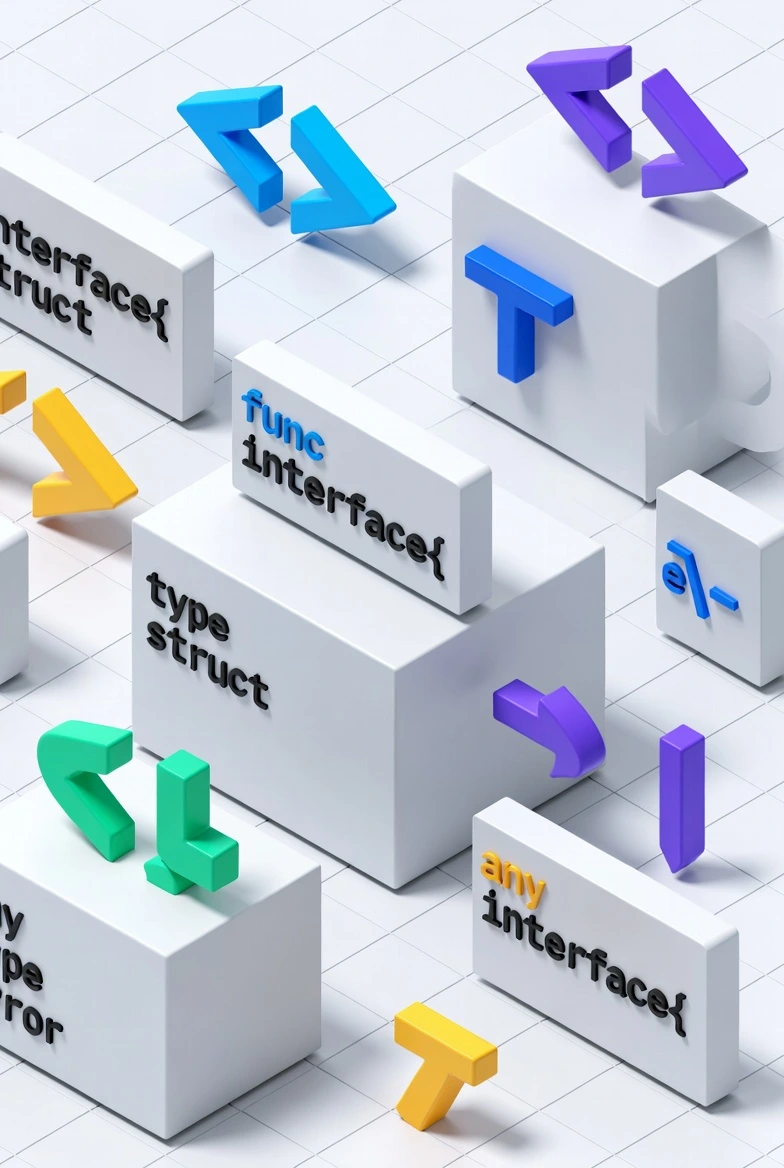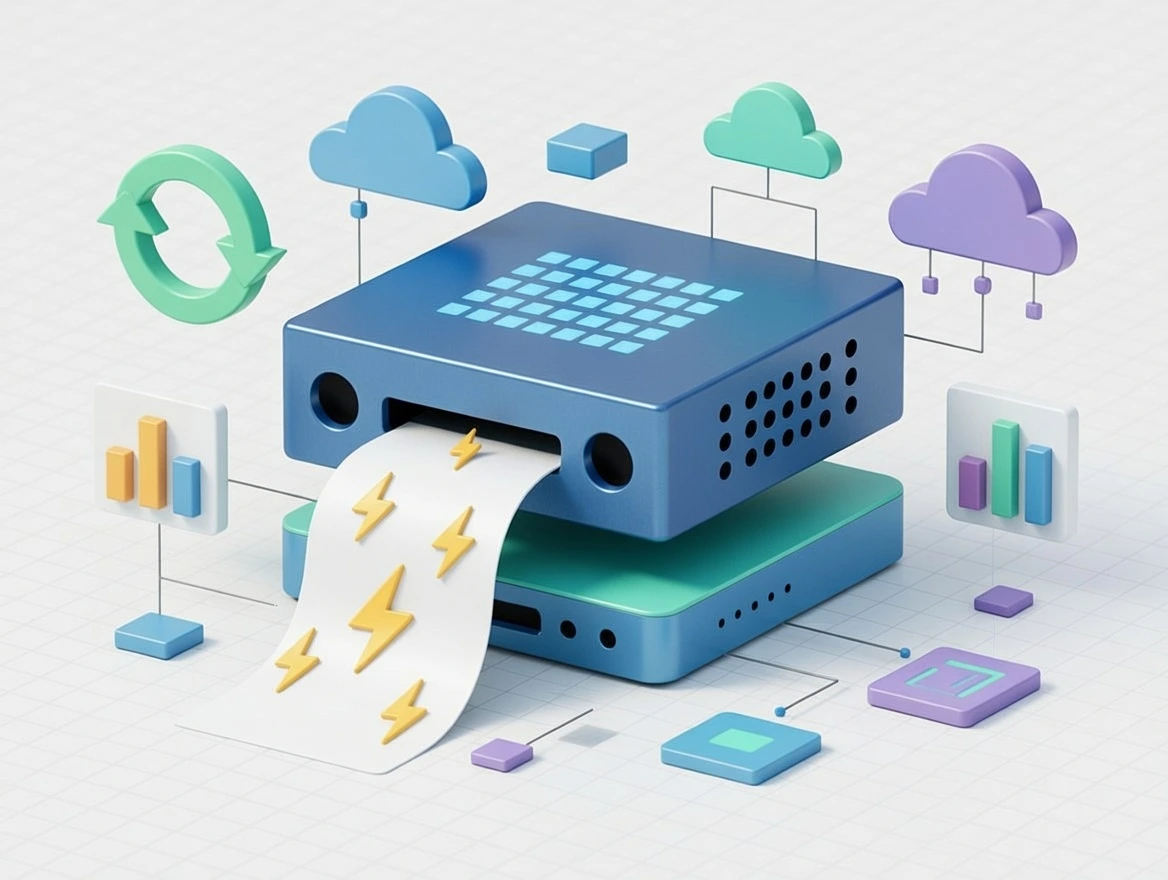
Victoria Olajide
Product & Content Marketing at Devcenter.
Article by Victoria Olajide, Product Marketing Manager, Devcenter.
For early-stage startups, the ability to quickly translate a Minimum Viable Product (MVP) concept into a tangible, testable reality is paramount. Time is of the essence, resources are often scarce, and validating core assumptions swiftly can be the difference between success and failure. This is where rapid prototyping tools for startups become invaluable. These frameworks provide the necessary scaffolding and tools to accelerate the development process, allowing founders and CTOs to visualize their ideas, gather early user feedback, and iterate efficiently.
Choosing the right framework can significantly impact the speed and cost-effectiveness of MVP development. This article highlights the top 5 MVP development frameworks that are particularly well-suited for the needs of early-stage startups, enabling them to build functional prototypes quickly and validate their core value proposition.
Why Rapid Prototyping is Crucial for Startup MVPs
Several factors make rapid prototyping essential for early-stage success:
Faster Validation: Rapid prototypes allow you to test your core assumptions with real users early in the development cycle, minimizing the risk of building a product nobody wants.
Reduced Development Costs: By quickly creating functional prototypes, you can identify and fix critical flaws before investing significant time and resources into full-scale development, crucial for lean startup development.
Improved Communication: Prototypes serve as a tangible communication tool for stakeholders, investors, and the development team, ensuring everyone is on the same page regarding the product vision and functionality.
Early User Feedback: Gathering feedback on a working prototype allows for valuable insights that can shape the final product, ensuring it meets user needs and expectations.
Iterative Development: Rapid prototyping naturally aligns with agile methodologies, enabling startups to build incrementally, incorporating feedback in each iteration and leading to a more refined and user-centric final product.
The Top 5 Rapid Prototyping Frameworks for Early-Stage Startups
Here are five leading frameworks suited for startup MVP development:
Figma: While primarily a UI/UX design tool, Figma's collaborative and interactive features make it an excellent rapid UI prototyping tool for startups. Its intuitive interface allows for the creation of high-fidelity mockups and interactive prototypes with realistic transitions and animations. The real-time collaboration capabilities are particularly beneficial for distributed teams. Figma excels in visualizing the user interface and user experience flows quickly, making it ideal for testing usability and design concepts before any code is written. It often offers a free tier for individual users and more comprehensive subscription plans for teams.
Bubble: Bubble is a powerful no-code MVP builder for startups that allows you to build fully functional web applications without writing any code. Its visual drag-and-drop interface enables the creation of complex workflows, user authentication, database management, and integrations with various third-party services. Bubble is a strong contender for startups looking to build working prototypes with significant functionality quickly, allowing for user testing of core features and business logic. It typically offers subscription-based pricing with different tiers based on features and capacity. However, some users have noted potential scalability limitations for very complex applications.
Webflow: Webflow sits in a unique space, offering a visual website builder that generates clean, production-ready code. For startups needing a web-based MVP with a strong emphasis on design and responsiveness, Webflow provides a powerful low-code prototyping platform. Its ability to translate visual designs directly into functional websites makes it ideal for showcasing marketing pages, landing pages, and even core application interfaces for early user testing. Webflow offers various subscription plans, including options for e-commerce and more advanced features, and can have a steeper learning curve for those unfamiliar with web design principles.
Flutter: Developed by Google, Flutter is a UI toolkit for building natively compiled applications for mobile, web, and desktop from a single codebase. While it requires coding in Dart, Flutter's hot-reload feature and rich set of pre-built widgets enable fast mobile MVP development for startups. Its ability to create visually appealing and performant native-like apps quickly makes it a compelling choice when a mobile-first approach is crucial for early user validation. Flutter is free and open-source, but development costs will depend on hiring Flutter developers and the complexity of the application.
React Native: Backed by Facebook, React Native is a JavaScript framework for building native mobile apps. For startups with web development expertise in React, React Native offers a relatively low barrier to entry for rapid mobile prototyping. It allows for code reuse across platforms (iOS and Android), accelerating development and reducing costs. While it might require some native module integration for advanced features and can sometimes face platform-specific challenges, its large community and extensive libraries make it a popular choice for quickly building functional mobile MVPs. React Native is also free and open-source, with development costs primarily related to developer expertise.
Choosing the Right Framework for Your Startup MVP
The best startup MVP framework depends on several factors, summarized below:

Consider your team's existing skills, the desired fidelity and functionality of your prototype, the target platform for your MVP, and your budget when making your decision.
Conclusion: Accelerating Your Startup Journey with Rapid Prototyping
For early-stage startups, time is a precious commodity. By leveraging the power of rapid prototyping frameworks, founders and CTOs can significantly accelerate their journey from idea to validated product. Choosing the right framework based on your team's skills, desired fidelity, and target platform will enable you to build functional MVPs quickly, gather crucial early user feedback, and iterate efficiently, ultimately increasing your chances of startup success.




